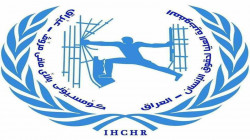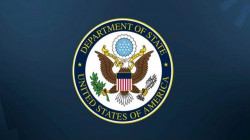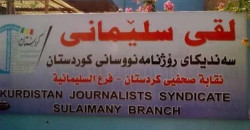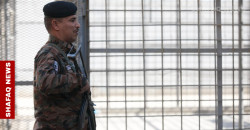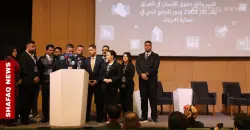Iraqi activist released after backlash over protest-related sentencing
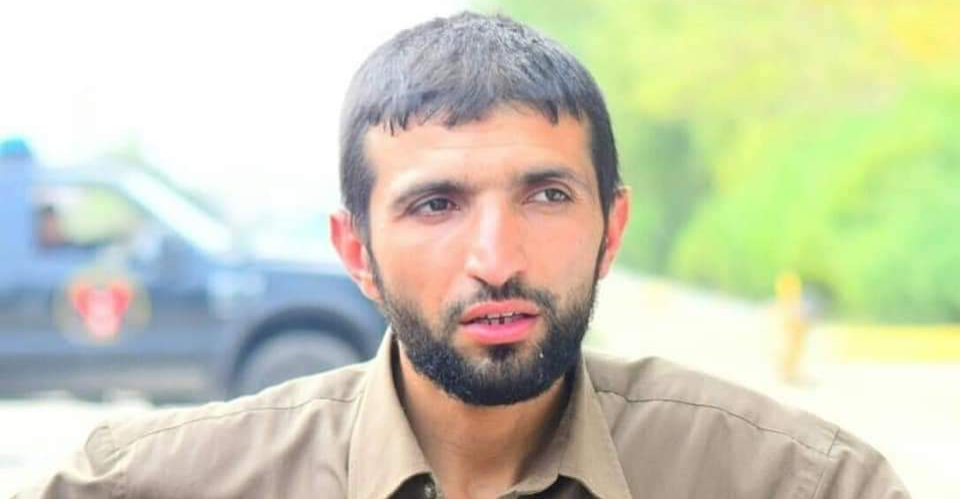
Shafaq News/ An appeals court in Iraq’s Babil province on Sunday ordered the release of activist Durgham Majid and several other protesters, hours after a lower court sentenced them to four months in prison over their role in anti-government demonstrations.
The reversal followed the withdrawal of a legal complaint by Iraqi lawmaker Dunia al-Shammari, whose case had led to the convictions. A judicial source told Shafaq News the release order was issued by the Babil Appeals Court and applies to all 11 defendants.
The initial sentencing sparked public outcry and fresh protests. Dozens of demonstrators blocked the entrance to the al-Hamza al-Gharbi courthouse earlier in the day, denouncing the ruling as a blow to civil liberties and calling for the immediate release of those detained.
The case comes amid a broader crackdown on dissent in Iraq, where rights groups say authorities are increasingly turning to the judiciary to silence activism.
In a separate ruling on Sunday, a court in the southern province of Dhi Qar sentenced prominent protest figure Ihsan Abu Kawthar to 15 years in prison for the killing of a fellow demonstrator. The Dhi Qar Criminal Court found him guilty under Article 406 of the Iraqi Penal Code, which covers premeditated murder, a security source said.
Abu Kawthar, a leading voice in the 2019 “Tishreen” protest movement in Nasiriyah, was arrested on March 8 following a raid on his home by local police. He was later transferred to the General Intelligence Directorate for further interrogation.
Human rights monitors warn that the sentencing of both Majid and Abu Kawthar reflects a deepening judicial clampdown on Iraq’s civil society, particularly in 2024 and early 2025.
Amnesty International, in a recent submission to the United Nations Universal Periodic Review, flagged Iraq’s failure to implement prior human rights commitments and cited widespread arbitrary arrests, excessive use of force, and lack of accountability in detention centers.
Freedom House rated Iraq as “Not Free” in its Freedom in the World 2025 report, giving the country a score of 31 out of 100 and pointing to severe restrictions on free speech, assembly, and civil society operations.
In January, the UN Human Rights Council’s review of Iraq’s record acknowledged limited progress but underscored ongoing threats to freedom of expression and the safety of civil society actors.
Rights advocates say the recent legal measures targeting protesters reflect a coordinated effort by Iraqi authorities to suppress dissent ahead of upcoming provincial elections and amid ongoing political turbulence.
